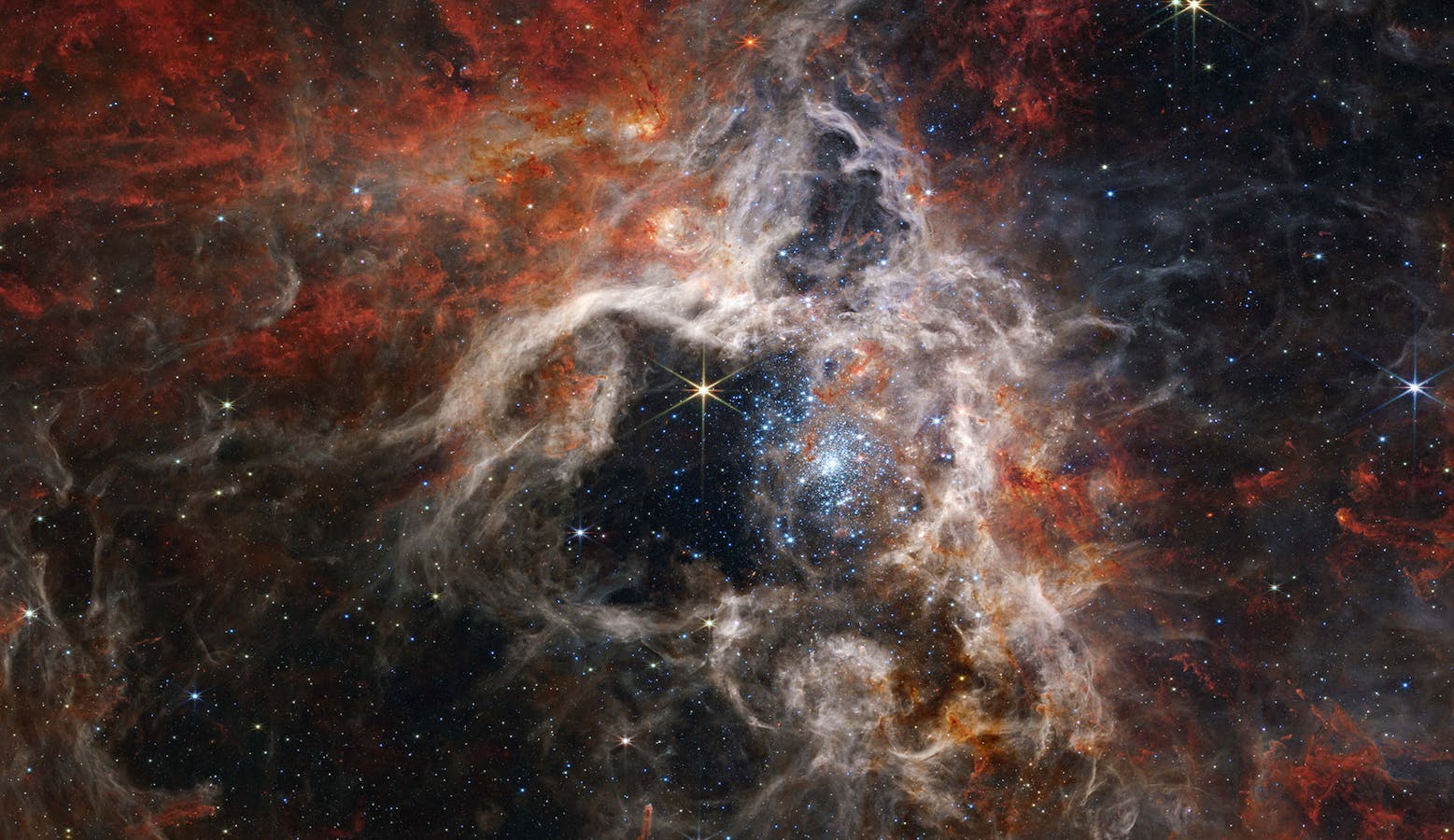hat Science Says about Nature
Today, science refers to many disciplines, ranging from astronomy to zoology. These vary in practice, but each seeks to explain how the natural world works using methods developed over centuries.
Science is exciting because it is ongoing. There is much to discover, and new discoveries always lead to new questions. Explanations are refined, established, and in some cases, abandoned.
People studied nature long before the Bible was written, and many factors helped shape the development of modern science. Biblical traditions also played a role in nurturing scientific knowledge by encouraging further investigation. Yet, how the Bible’s claims should be understood and how they should inform the study of nature have also prompted debate.
Explore more
Next:
Planetary Revolution
© Museum of the Bible 2023
Swipe to Explore










